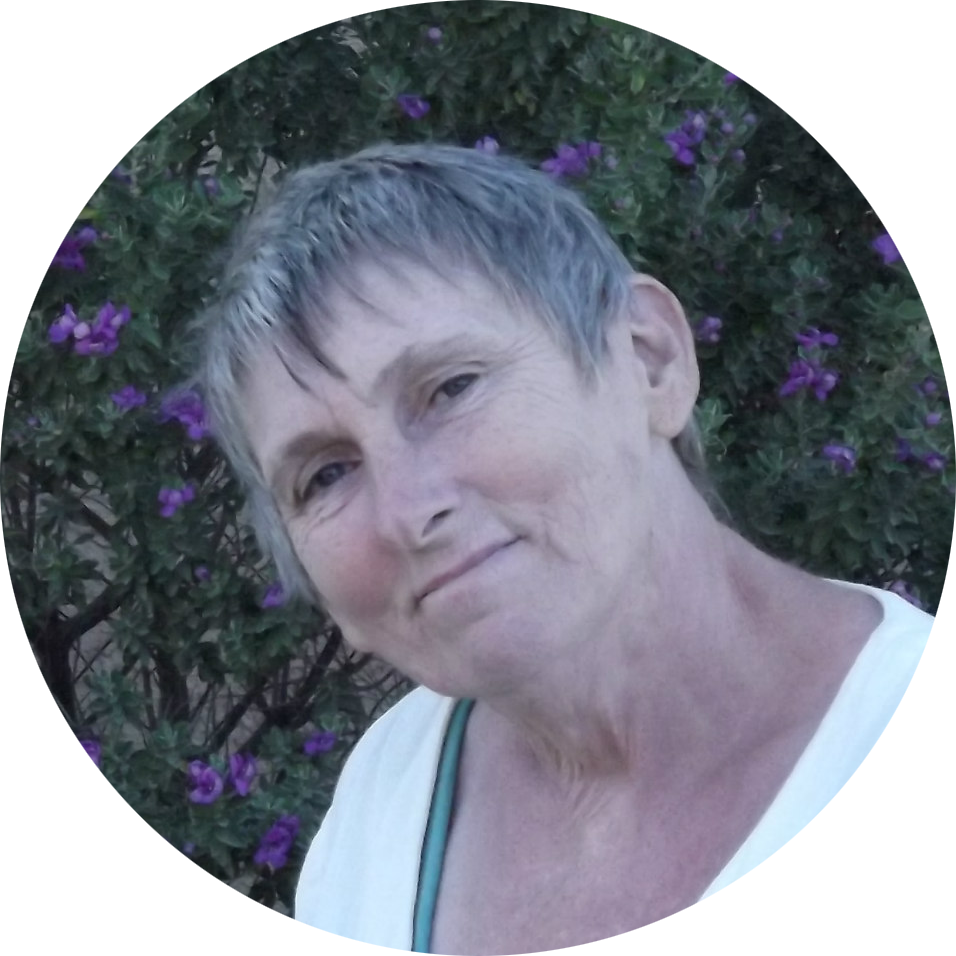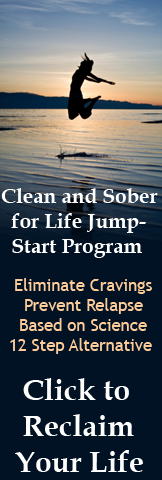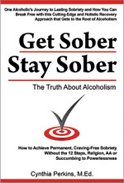How to Stop Drinking Alcohol
on Your Own
The first step in learning how to stop drinking alcohol on your own is to understand the roots of alcoholism. Addiction to alcohol, like all addiction, is rooted in depleted neurotransmitters in the brain.
We have a variety of neurotransmitters in the brain, but the ones that are most associated with addiction of any kind are dopamine, serotonin, GABA and endorphins. Among other things these neurotransmitters are responsible for regulating our mood states and stress. Unfortunately, you're not going to receive any pamphlets or education from traditional recovery methods that teach you how to stop drinking alcohol by addressing these roots and thus why relapse is the norm.
Dopamine is our primary pleasure neurotransmitter, serotonin is our natural anti-depressant, GABA is our natural relaxant and endorphins are our built in natural pain relievers. In order for the brain to function normally these brain chemicals must be present in sufficient amounts. Too much or too little results in a vast array of psychological and physiological symptoms like anxiety, depression, irritability, anger, violence, hyperactivity, cravings for sweets, nicotine, alcohol, drugs or other mind altering substances and much more.
These neurotransmitters may be deficient prior to addiction to alcohol because of poor diet, environmental toxins, chronic stress or a genetic polymorphism, which is what drives one to become addicted in the first place, or they may become deficient from alcohol itself.
When you drink alcohol, it stimulates an intense surge of these neurotransmitters and results in what is experienced as the "high." High levels of dopamine, GABA, serotonin and endorphins produce intense euphoria, pleasure, happiness and joy, and anesthetize emotional and physical pain.
The brain responds to this excessive level of neurotransmitter stimulation by reducing its receptors. It is basically tricked into thinking it has too many neurotransmitters, so it stops producing them. Now more alcohol is needed to achieve the same result -- this is called tolerance.
If this cycle continues, eventually neurotransmitters become depleted and the brain becomes dependent on alcohol for neurotransmitter production and function. Thus why the addicted individual experiences withdrawal and cravings when alcohol is not present in the system. Withdrawal is the body's cry for neurotransmitters and cravings for alcohol are the bodies fix for this problem.
This is the reason you are not capable or don't know how to quit drinking alcohol on your own. You can't simply give up the alcohol, because without alcohol, you have no neurotransmitters and the withdrawal and cravings will sabotage even the best of intentions. Since the brain stops producing them, you can no longer feel relaxed, happy, pleasure, joy etc. without drinking alcohol. So when you take alcohol out of the picture you're miserable.
You really aren't craving alcohol, you are craving what alcohol does for your brain.
Alcohol gives your brain the temporary boost in neurotransmitters that it needs to feel normal, thus relieving the symptoms of withdrawal and cravings. However, after the initial high, then neurotransmitters take a nose dive to an ever lower level than before and more cravings develop.
Thus, the primary goal in how to stop drinking alcohol on your own is to simply restore balance to the neurotransmitters.
Seven Steps for How to Stop Drinking Alcohol on Your Own
The inability to stop drinking alcohol has nothing to do with character defects, lack of will power, lack of morality or loss of spirituality. You have character defects, violate your morals and are spiritually disconnected because of the addiction, not the other way around.
Alcoholism is a brain disorder, not a spiritual disease, therefore a 12-step religious program is not what is called for to recover.
- Remove the substance ( which in this case is alcohol) and all other drugs (street and prescription) that deplete and disrupt neurotransmitters. You cannot stop drinking alcohol if you continue to take other mind-altering drugs like cocaine, heroin, xanax, ativan etc., they have the same impact on neurotransmitters and will ultimately lead you back to the drink.
- Simultaneously remove all other addictive substances that deplete and disrupt neurotransmitters. The three most important include sugar, caffeine and nicotine. These three substances impact the brain and neurotransmitters in the same manner as alcohol and will keep the addiction cycle active. They will incite cravings for alcohol. Other substances include grains, high-starch foods like potatoes, foods additives and preservatives and artificial flavorings.
- Eat a diet of real foods. The food you eat has a profound impact on your neurotransmitters. As a matter of fact, your neurotransmitter production is completely dependent on the food you take in. The brain needs amino acids and fat to produce neurotransmitters and most people are not getting enough of these. Your diet should consist of whole foods only, not processed chemical-laden food. It should be high in unprocessed meat protein and low in carbohydrates. The diet we are genetically designed to eat is called the Paleolithic diet, it consists of meat protein, eggs, low-starch vegetables and a small amount of nuts, seeds and fruit. Preferably the diet should be organic, because the pesticides and other chemicals in non-organic food disrupts neurotransmitters.
- Replenish the neurotransmitters by providing the mind with the nutrients it needs to produce neurotransmitters on its own once again. A nutritional supplement that contains specific amino acids, vitamins, minerals and fatty acids will help the brain begin to repair more rapidly and neurotransmitters to begin to normalize. Thus they assist the body through the detoxification process and reduce cravings for alcohol, enabling abstinence to be achieved without the constant battle, excruciating discomfort and frequent relapse that is typically experienced in traditional methods of recovery.
- Address other biochemical issues that disrupt neurotransmitters and perpetuate addiction. This includes but is not limited to chronic stress, childhood trauma, adrenal fatigue, hormone imbalances, hypothyroidism, hypoglycemia, food sensitivities, candida overgrowth, nutritional deficiencies and environmental toxins.
- Employ a variety of practices that encourage healthy neurotransmitter production and function like deep breathing exercises, mindfulness meditation, mild exercise, adequate sunshine and time with nature. These techniques are also great for managing stress, which is an important part of recovery. Stress can be a powerful trigger for relapse.
- Develop a support group and create a new social circle with people who don't use. If you hang out with old friends or frequent the bar, your chances of remaining sober are slim. You must build a new life around a new set of values.
If you're interested, you can find a more thorough discussion of each of these issues in my book, Get Sober Stay Sober: The Truth About Alcoholism.
It's important to note that although we're discussing how to stop drinking alcohol on your own on this page, that all addiction has the same roots. Therefore the process for recovery, regardless of whether you are addicted to alcohol, sugar, food, nicotine, caffeine, heroin, cocaine, etc.,the process for recovery that I have outlined above is the same.
For a more in depth discussion of the roots of alcoholism and how to stop drinking alcohol, you'll want to read the following pages understand the process of addiction more completely:
Understanding Alcohol Addiction
Holistic Recovery for Alcoholism
An Alternative Alcoholism Treatment
How to Quit Drinking Without AA
Alcohol addiction, or addiction in general, is an unconscious
effort of the brain to regain balance and normalcy of its chemistry.
When you follow the steps above, you give your brain all that it needs
to not only know how to stop drinking alcohol, but to overcome
addictions of all kinds as well as depression and anxiety, without cravings and attain life-long sobriety.


